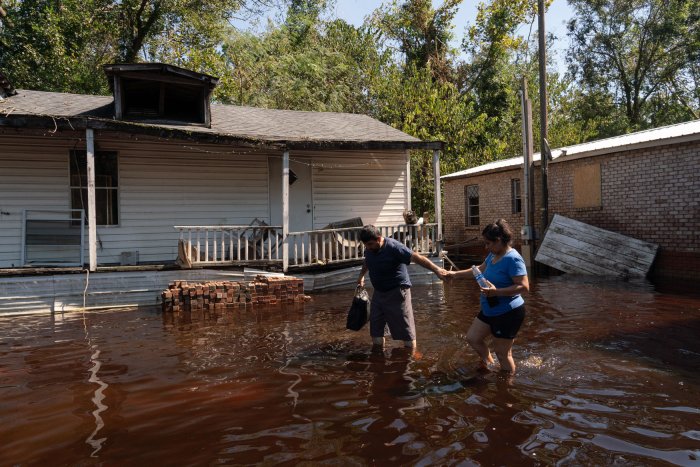Sept. 18 (UPI) -- The death toll related to Hurricane Florence rose to 32 people Tuesday as residents near the Cape Fear River in North Carolina prepared for historic flooding later this week.
Fayetteville City Manager Doug Hewett told CNN that some 12,000 were "in harm's way" of the river, which was expected to crest up to 62 feet midday Wednesday. The river stood at more than 60 feet Tuesday afternoon.















